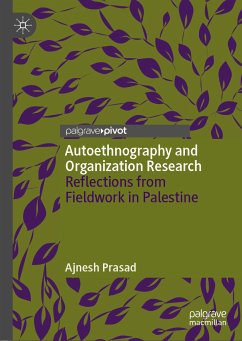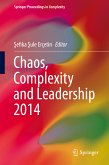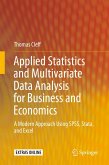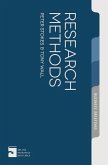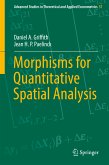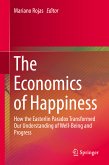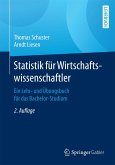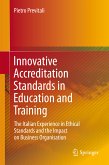As a method for empirical inquiry, autoethnography has gained much purchase among business school academics. This book offers exemplars of how autoethnography can be leveraged to study myriad organization and management phenomena. Drawing on his own fieldwork in Palestine, the author engages with several timely questions including: What are the ethical implications of pursuing organization research at neo-colonial spaces? How should we account for the 'Other' when studying in ideologically fraught sites? And, how should we write so as to capture the spirit of autoethnography? In sum, this seminal text highlights the benefits of autoethnography in business school research.
Dieser Download kann aus rechtlichen Gründen nur mit Rechnungsadresse in A, B, BG, CY, CZ, D, DK, EW, E, FIN, F, GR, HR, H, IRL, I, LT, L, LR, M, NL, PL, P, R, S, SLO, SK ausgeliefert werden.

